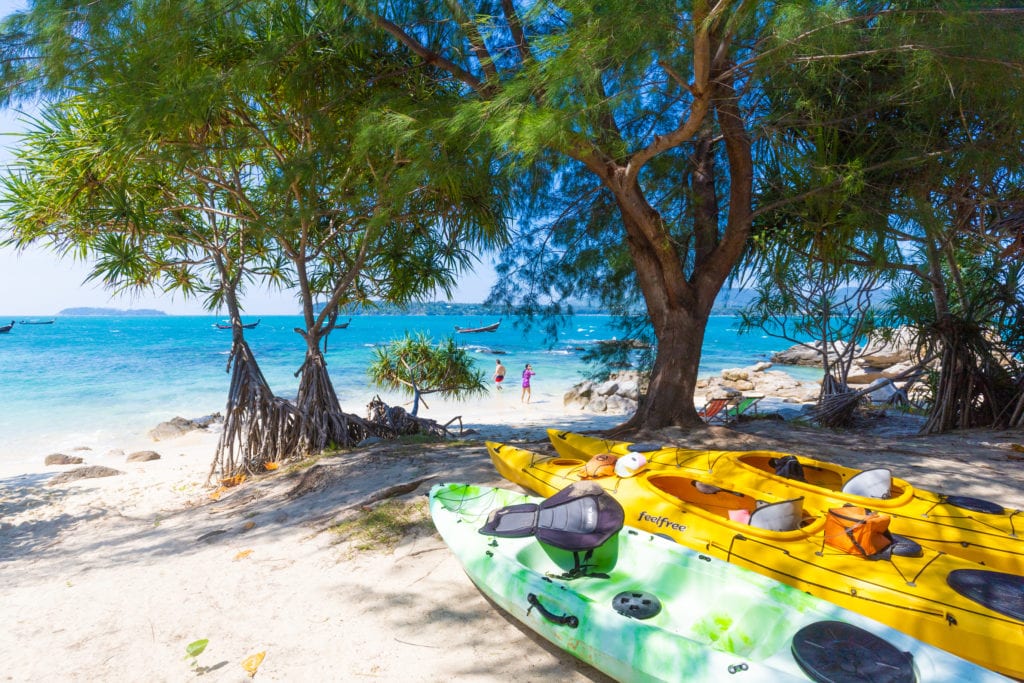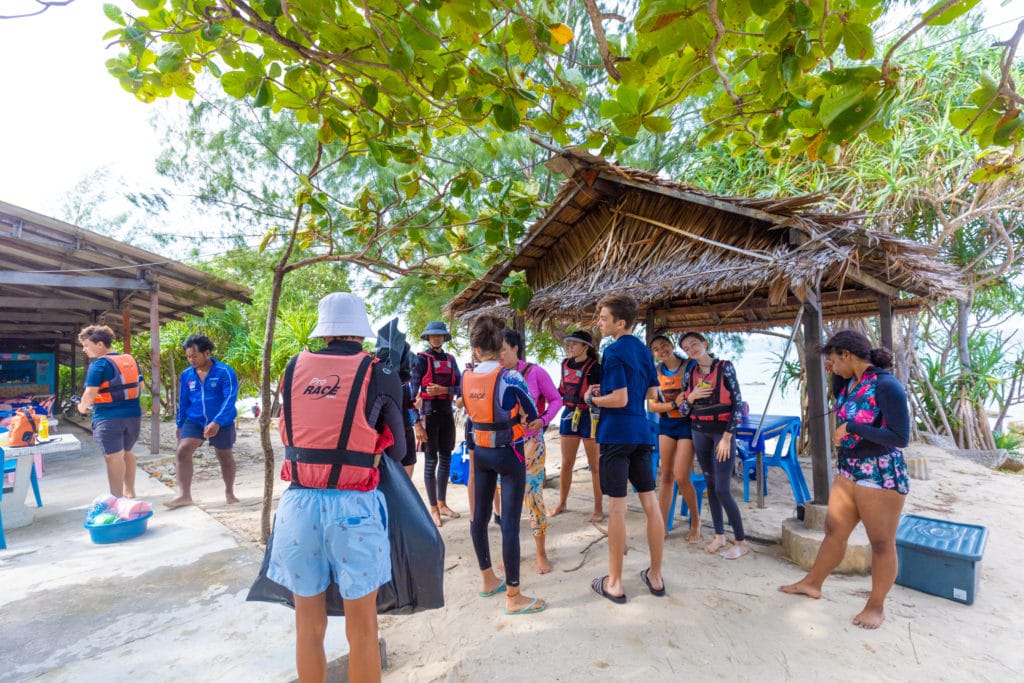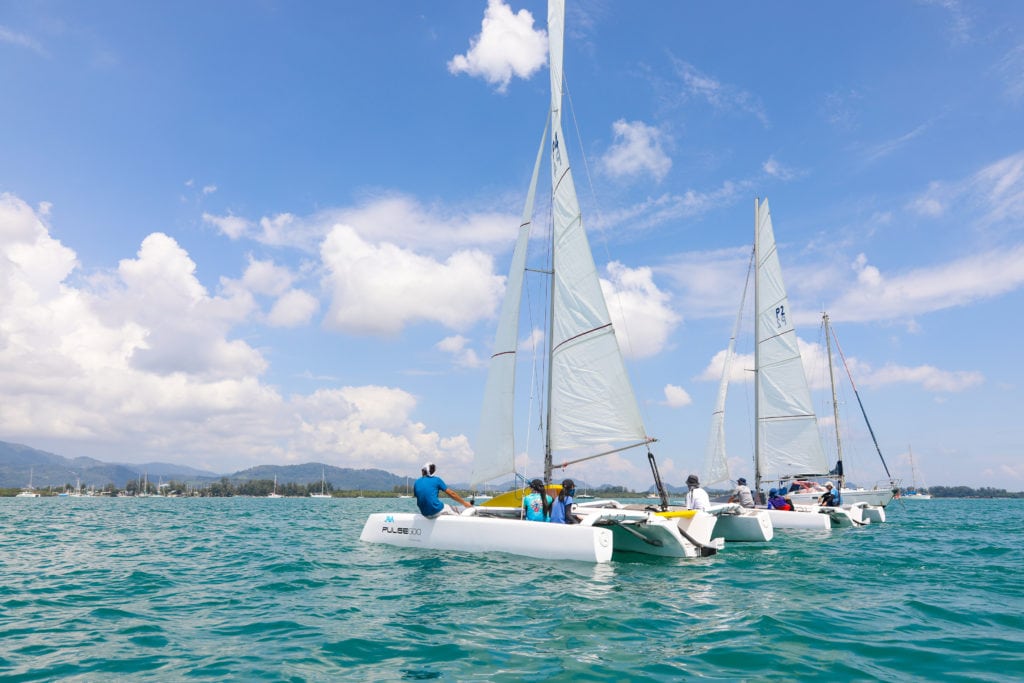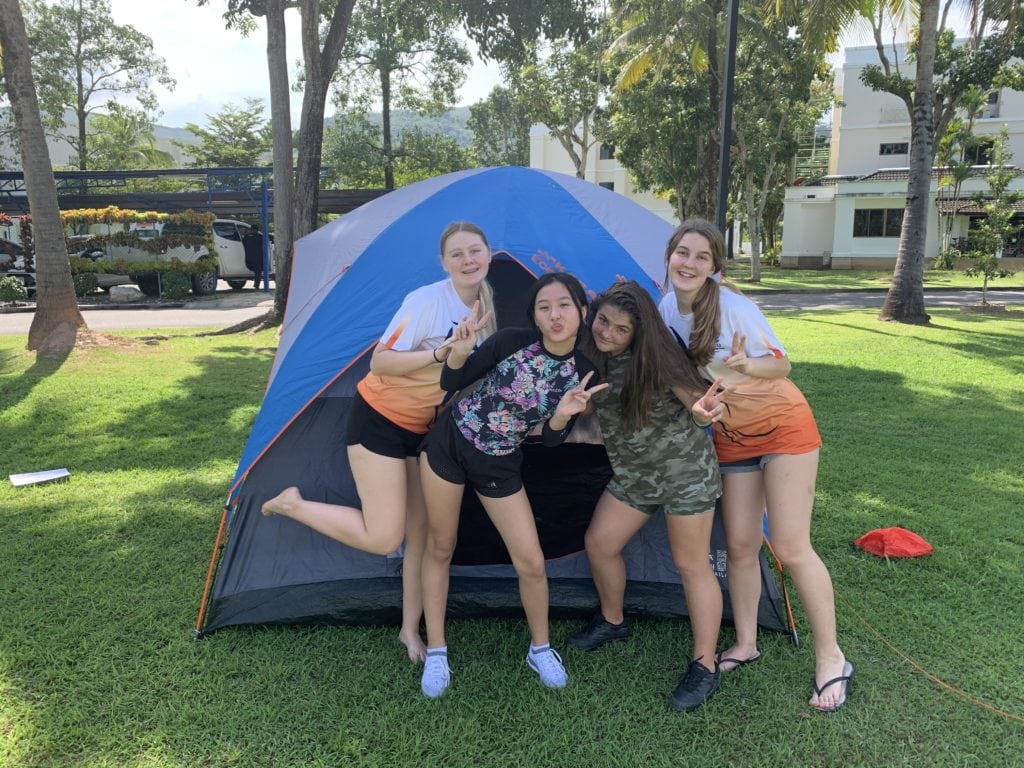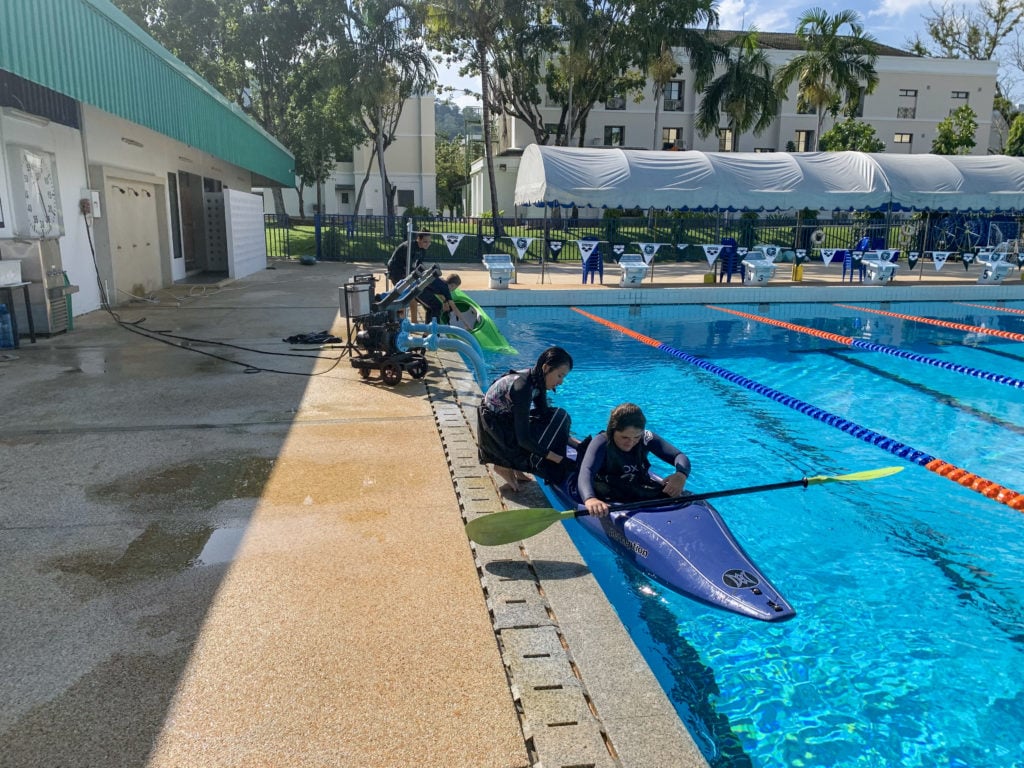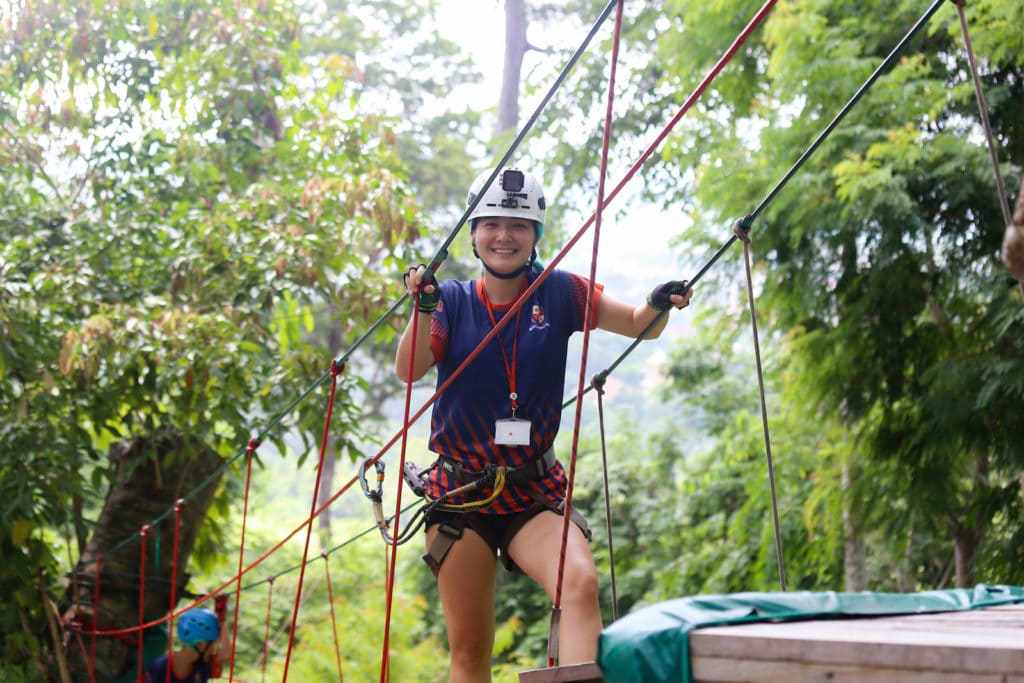Written by: Neil Crossland (Principal – Secondary School)
What do you remember from your own school years? If you are like me, then it is quite some time ago now, but to this day there will still be people, moments and experiences that you’ll be able to recall fondly (or otherwise!)
Which of the following experiences are the most vivid?
A | B |
|
|
|
|
|
|
If your answers are drawn mainly from Column A then your recollections of school are drawn from the profound emotional connectedness you experienced as a student (positive or negative). Very few of us will be able to recall in detail the specifics of Column B – even recent alumni who return to visit BISP talk in broad brush strokes about their experience at school and the emotional impact of their journey rather than the constituent marks of a grade profile.
Like most, I have Column B amnesia, but can vividly remember the experiences of Column A 40 years on – getting lost on Dartmoor; being told I ‘could’ when I thought that I couldn’t; and those warm feelings of humour and excitement relating to people and places. It is the small memorable, and sometimes poignant, moments that shape our view of the education we received. It seems sensible therefore to create a learning programme that is rich in immersive experience. One which champions practical engagement, cognitive challenge, and stirs the heart as well as the mind.
What is experiential learning?
Unsurprisingly, experiential learning is ‘the process of learning through experience’.
The formula for learning in this context includes deliberate action (a learning by doing approach) followed by contemplative reflection. This is not a new approach, back in the 4th Century BC Aristotle suggested that learning is not understood until a person has the ability to apply it. He also recognised the emotional connection of the experience – ‘educating the mind without educating the heart is no education at all’.
At BISP we adopt a model of experiential learning where students ‘connect’ with people or with the topic and theme; ‘act’ in order to positively engage in the learning process (physical; emotional, and cognitive engagement); and ‘reflect’, in order to form a personal perspective. It is this personal engagement in learning that we believe increases knowledge, develops skills, clarifies values and builds the capacity to contribute to our community in a meaningful and purposeful way.
In many ways the ‘connect; act; and reflect’ model draws upon David Kolb’s (1984) theory relating to experiential learning, which emphasises the internal cognitive processes of the learner – what we describe as simply being ‘thinking, doing and feeling’.

There is perhaps no better way to illustrate this 3 step model than to relate it to Outdoor Education, and at BISP this concept is currently centre-stage as students prepare for their annual expeditions.
The challenges posed in far-flung corners of Thailand will undoubtedly require students to connect with a new environment (and their emotions), as they gently assimilate, with curiosity, to their new surroundings and new ways of working. They will be active explorers in the learning process, and will be highly immersed in adventurous and enterprising activities until their energy levels deplete. Lastly, our students will reflect upon their experiences, and make sense of their opportunity to ‘live in the sunshine, swim in the sea, and drink the wild air’ (Ralph Waldo Emmerson – 19th century poet).
Experiential learning provides our students with the little moments that will become their biggest memories. We look forward to sharing these moments as we continue to build our educational programmes on and off-campus.
For further information regarding experiential learning at the British International School Phuket please contact Neil Crossland (Secondary Principal) or David Berman (Extended Curriculum Coordinator)
